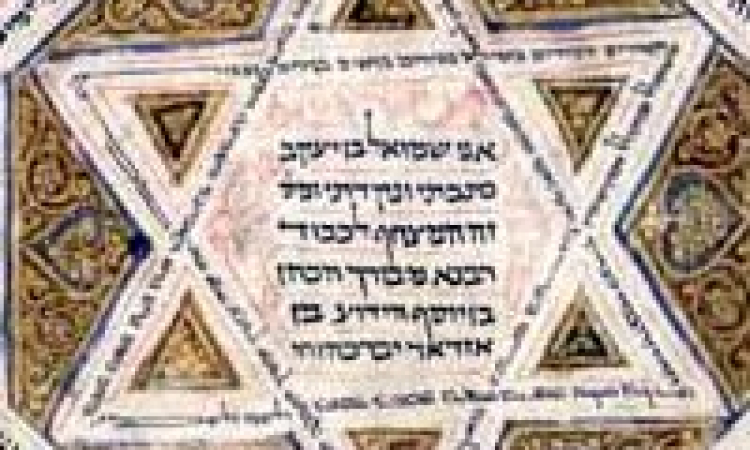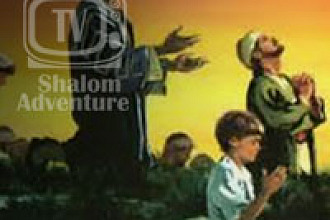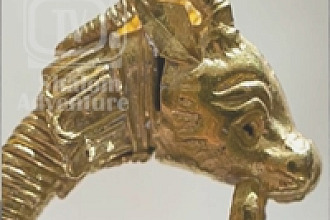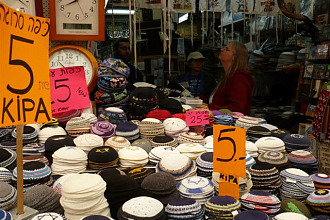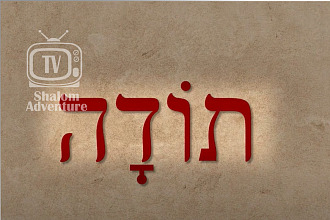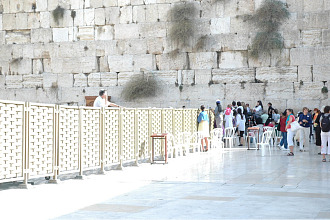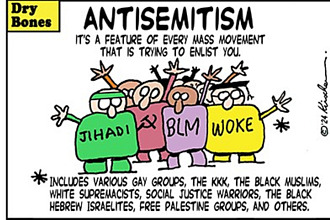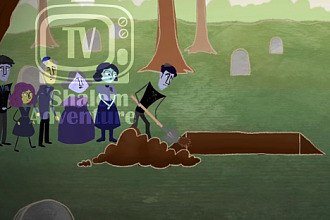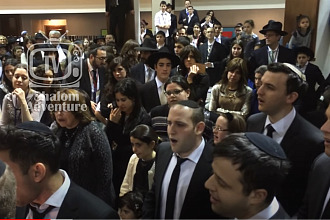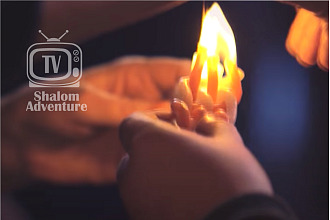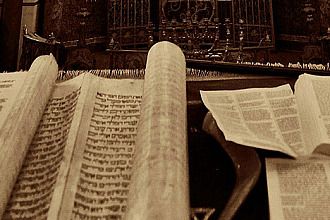Have you done a mitzvah today? A mitzvah is a good deed, something done to benefit someone else without any selfish motives attached to it. It is doing a favor without expecting anything in return. It is doing a good deed even if no one ever knows that we have done a good deed. In other words, we are not looking for the credit for doing this noble deed.
It is not truly a mitzvah if we are expecting to get anything for ourselves out of it. The best Mitzvahs are done to those we do not even know, those who do not have the benefits that have been given to us, those who can never pay us back, and those who may never even know that we were the ones to help them out. There cannot be any pride involved with a mitzvah. Not even a thought such as, "My, I am so good, I did this good thing, I am better than the other people I know."
Why would anyone ever want to do a mitzvah? How could anyone be able to do one? It is so easy for us humans to have the wrong motives. When Isaiah, the Hebrew prophet, realized the condition of his life in comparison with the Glory of God he proclaimed, "Woe is me I am a man of unclean lips, and I dwell in the midst of a people of unclean lips: for mine eyes have seen the King, the Lord of Hosts." Then an Angel came and took a coal off the alter that was used for sacrificing animals for the forgiveness of sins, and he touched Isaiah's lips with the coal and stated, "your guilt is taken away and your sin has been forgiven." Then when Isaiah was made clean God sent him out to do a mitzvah.
In another place Isaiah wrote that all our righteousness, all our good deeds, are as filthy rags. In other words, it is only when we are experiencing the forgiveness that comes from the sacrifice of the Messiah, and when we are empowered with God's Holy Spirit, that we will be capable of doing a true mitzvah. When this is happening our lives will become one continual mitzvah.

